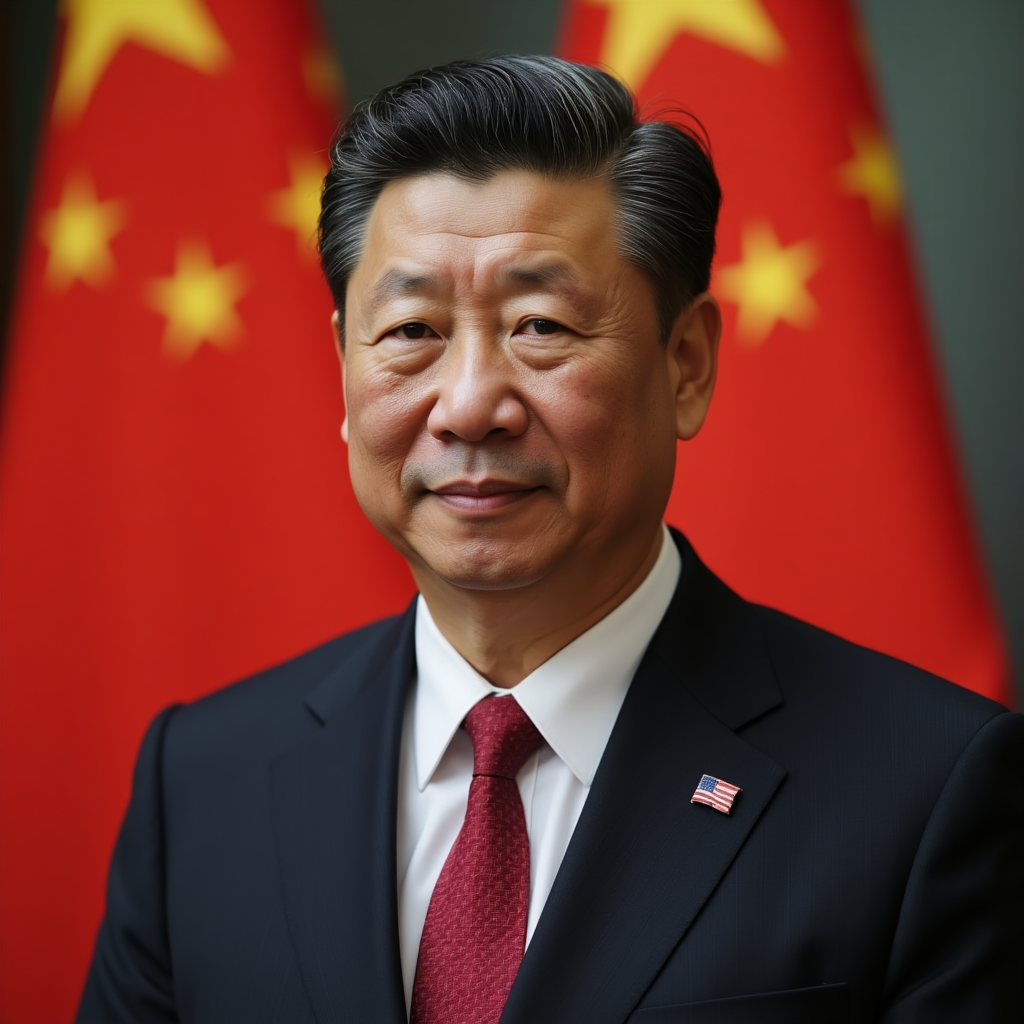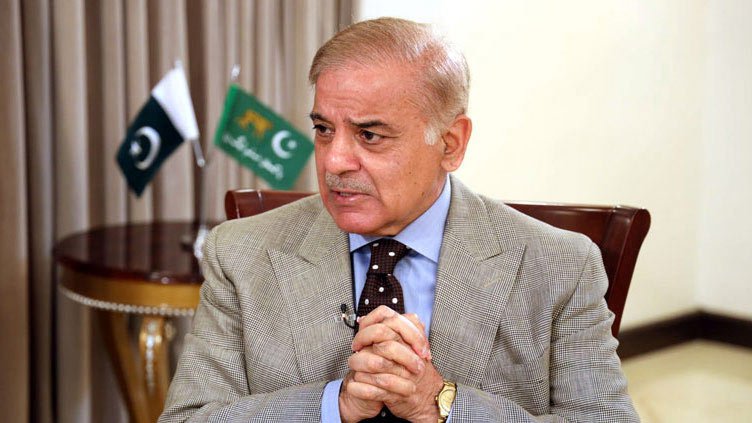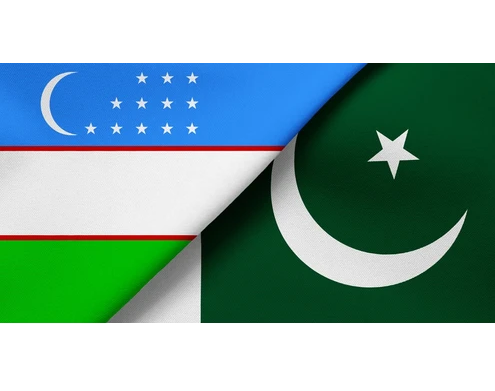China Says No to US–Russia Nuclear Talks, Calls Proposal “Unrealistic”
A Diplomatic Standoff on the Global Stage
The debate over nuclear disarmament has once again come into sharp focus. On August 27, 2025, China firmly rejected calls from the United States and Russia to take part in trilateral denuclearisation talks. The announcement, made by the Chinese Foreign Ministry, has sparked global discussions on whether meaningful progress toward nuclear disarmament is possible when major powers remain divided.
Beijing’s Explanation: “Unreasonable and Unrealistic”
Speaking at a routine press conference, Chinese Foreign Ministry spokesperson Guo Jiakun dismissed the idea of trilateral talks. He explained that comparing China’s nuclear capacity to that of the U.S. and Russia is “neither reasonable nor realistic.”
China has consistently maintained that:
- Its nuclear arsenal is much smaller than those of Washington and Moscow.
- It follows a “no first use” policy, pledging never to use nuclear weapons unless attacked first.
- Its strategy is defensive in nature, designed to maintain national security, not to compete in an arms race.
Guo made it clear that Beijing’s stockpile is kept at the minimum level necessary and is not meant to be a bargaining chip in negotiations with much larger nuclear states.
The U.S. Push for Trilateral Talks
The proposal for trilateral denuclearisation was strongly backed by U.S. President Donald Trump, who has repeatedly spoken of the need to curb the spread of nuclear weapons.
In his recent remarks, Trump described nuclear proliferation as one of the most urgent global threats, stressing that Washington, Moscow, and Beijing must work together to limit risks. “We can’t let nuclear weapons proliferate,” he said, signalling that he views China’s participation as crucial to any meaningful agreement.
Russia’s Position
While Russia has not opposed the idea of trilateral talks, its position is also complex. Moscow has historically engaged in bilateral disarmament treaties with Washington—such as START and New START—but has also voiced concerns about China’s growing capabilities. However, Beijing’s outright refusal now complicates Moscow’s alignment with U.S. expectations.
By the Numbers: The Nuclear Gap
According to the Stockholm International Peace Research Institute (SIPRI), as of 2024:
- Russia: Approximately 4,380 warheads
- United States: Around 3,700 warheads
- China: Roughly 500 warheads
Together, the U.S. and Russia control nearly 90% of the world’s nuclear arsenal. This overwhelming gap forms the backbone of China’s argument: it does not see itself in the same category as the two nuclear superpowers.
Why China Says No
Beijing argues that:
- Disproportionate Burden – Joining talks would pressure China to cut weapons from a much smaller arsenal, creating a security imbalance.
- Strategic Autonomy – China wants to retain independence in shaping its nuclear doctrine, rather than being drawn into frameworks designed by the U.S. and Russia.
- Focus on the Big Two – Disarmament efforts, in Beijing’s view, should start with Washington and Moscow, given their dominant stockpiles.
The Global Implications
China’s refusal is more than just a diplomatic signal—it highlights the deep fractures in global arms control efforts:
- Trust Deficit: Major powers lack confidence in each other’s intentions, making dialogue difficult.
- Fragile Treaties: Existing bilateral agreements between the U.S. and Russia are already strained; without new frameworks, progress could stall.
- Regional Ripples: Smaller nuclear states, including those in South Asia, may adopt a wait-and-see approach, adjusting their strategies based on how the big three powers position themselves.
Reactions Beyond Beijing
- In Washington, officials are likely to view China’s refusal as a setback to President Trump’s push for global denuclearisation.
- In Moscow, the move could be seen as both a relief and a challenge: Russia avoids immediate restrictions alongside China but risks being pressured by Washington to lead reductions.
- Globally, analysts warn that without cooperation from all three, arms control could weaken further, raising concerns over proliferation risks.
What This Means for the Future
The debate underscores a hard reality: nuclear disarmament remains easier to preach than to practice. While the U.S. and Russia want to broaden talks, China is resisting any pressure to be treated as an equal nuclear superpower.
For the foreseeable future, arms control efforts may remain confined to bilateral U.S.–Russia frameworks, while China continues to grow its capabilities cautiously, under the banner of minimum deterrence.
In Summary
China’s refusal to join U.S.–Russia nuclear talks reflects a fundamental imbalance in global nuclear diplomacy. With stockpiles and strategies worlds apart, Beijing insists the onus lies on Washington and Moscow to lead the way. Until that happens, trilateral disarmament will remain more aspiration than reality.



